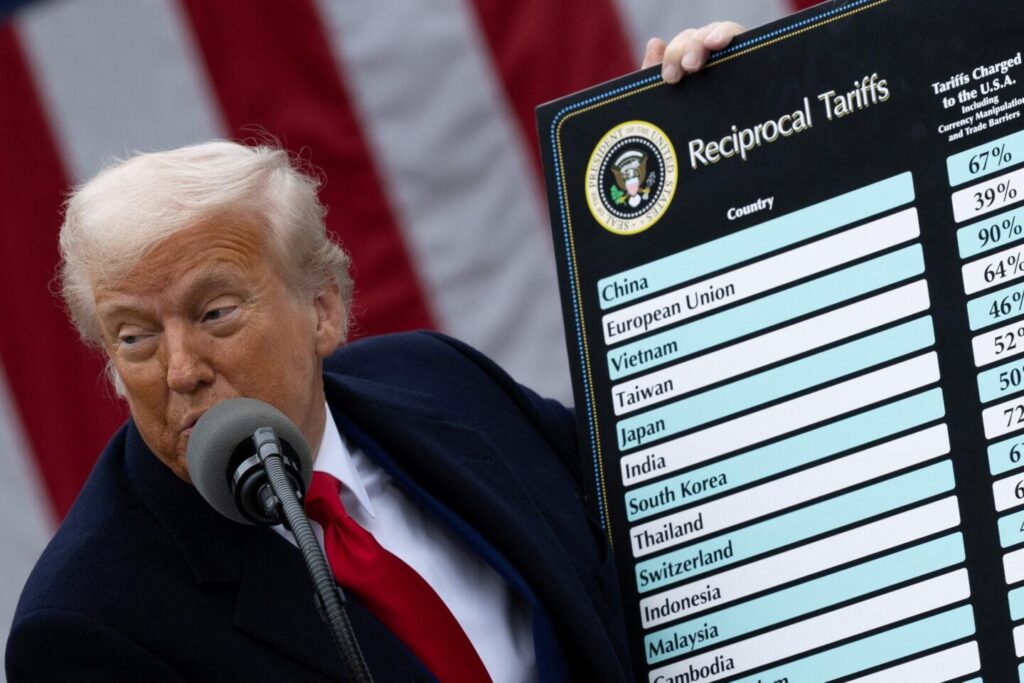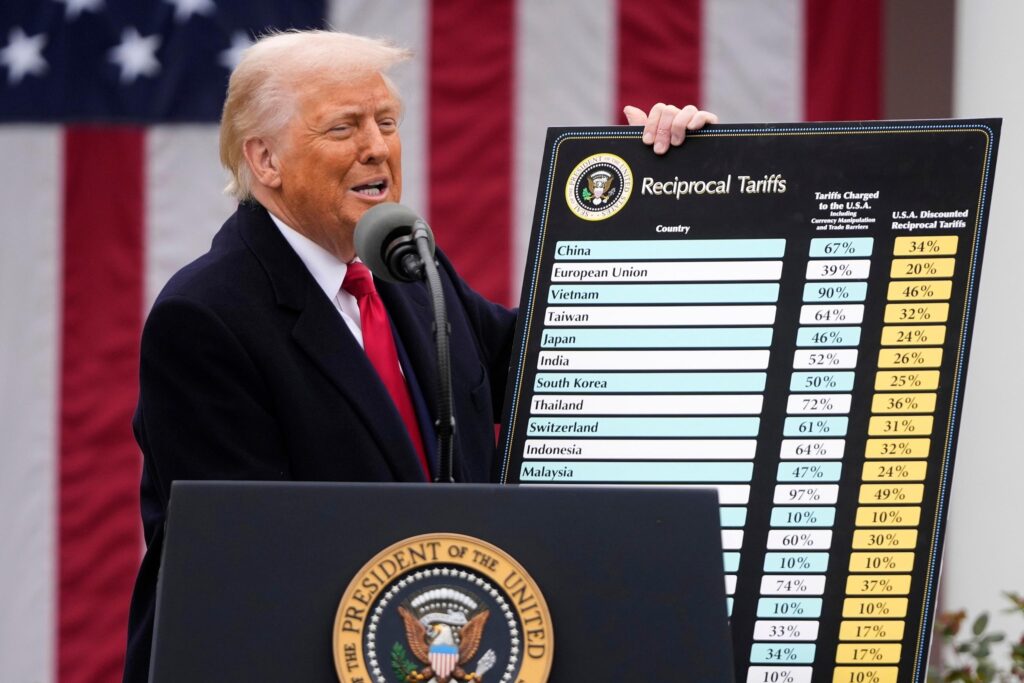The agricultural sector of Virginia is on the brink of an unprecedented crisis as the tariffs put in place by the Trump government resonate through the farming communities across the Commonwealth. The current situation that marred the trade between the U.S. and Canada, Mexico, and the escalation of tensions with China has not only raised eyebrows but has brought about a surge in fear among the Virginia soybean producers, who are now at the center of the foreign trade policy battles.
The problems of tariffs are more complicated than just the changes in the economy. Virginia as the leading state in exporting its soybeans to the tune of $1.3 billion has its position threatened by countries like Canada, and China taking countermeasures against the U.S. Trade policy analyst Xi He from Virginia Tech highlights how serious the problem is, saying, “retaliatory tariffs make it more costly for foreign countries to purchase U.S. agricultural products compared to products from other origins, which could reduce demand for U.S. products and depress prices.” The friction in trade turns into a wrecking ball for the rural states that are relying on agricultural exports very heavily.
During the planting season, the farmers of the Shenandoah Valley are in an uninvited condition of a disarray decision matrix. With fluctuated markets, the agricultural producers now are forced to select the types of crops they will plant, despite the difficult situation they are facing. The decision to plant soybeans, rotate crops, or venture into raising livestock like poultry, though it carries certain risk, under the current circumstances bears exceptional risk.
Supply difficulties and the costs involved
The reach of the tariffs goes beyond only agricultural inputs like urea. Consequently, Canadian potash, which supplies around 85 percent of U.S. fertilizer requirements, has been increasingly difficult to get and at the same time has made expensive due to these import tariffs. This burgeoning cost of seed tobacco, corn, soybeans, wheat, and barley crops that comprise a diversified portfolio of Virginia’s crops which are mainly affected. Agribusiness companies that rely on just-in-time logistics are under stress, and the supply chain disturbances affect the entire sector.
Virginia’s $70 billion a year in international trade continues to encounter numerous hurdles as tariff measures are implemented. The state’s flourishing market of exportation encompassing coal briquettes, soybeans, and microprocessors is now experiencing its given competitiveness affected since other markets of buyers’ orders such as sourcing from Quata and alternative suppliers are available.
Alignments of teams based on the tariffs experienced unexpected positioning. Governor Glenn Youngkin gave a gesture of solidarity to President Trump by supporting the tariff measures at the 2025 Virginia Agricultural Trade Conference, though the act is likely to harm his agricultural constituencies. The stance is proof of how complex political calculus is, where main points such as party loyalty and effects of the policy come into confrontation resulting in often contradictory forms.
Economic impact beyond agriculture
Port of Virginia, a vital economic source for the state, is also grappling with uncertainty brought in by the new reality of tariffs. Economists predict there could be job losses in Virginia if the tariffs continue, undermining employment security in the already struggling areas. Even if domestic production might benefit due to fewer foreign competitors, the realities of high operational costs and limited workforce dissuade significant manufacturing growth.
As gleaned from a recent meeting of the Virginia Economic Development Partnership Advisory Committee, the importers foresaw these trade restrictions and consequently made a significant increase in the inventory last year. While this buffered some of the impacts temporarily, Stephanie Agee from the partnership warns that if tariffs are on for long, they will hit the consumers in Virginia.
The tariffs affect various product categories to different degrees and the product qualifications are different. Tariffs on Chinese imports, Mexicans, and Canadians range between 10% and 30% on over $12 billion worth of imports coming to Virginia, although some items are subject to much higher tariffs.
Virginia’s main agricultural products like soybeans, poultry, and pork and tobacco are the ones that bear the most effects from these countermeasures. The rapid cutback of export capacity in this regard means that farmers will not be able to make enough profits in spite of the fact that they still manage to maintain production costs.
The farmers in the commonwealth are dealing with the volatile trade situation with a lot of apprehensions and they try to stand firm. Their livelihoods depend on negotiating outcomes that are beyond their immediate control as they go through the process of discussing whether to expand the country and influence the advances of the current plant seed or take up the initiative of the farmers’ best practices which in turn generate the projects. Although Trump also has planned for the obligations of these moves to be “nice,” the Virginia agricultural community is on the lookout as the changing face of international trade hangs over them with pressure. As Virginia’s rural communities grapple with the harsh impacts of the tariffs on their diverse agricultural sectors, their economic durability remains in doubt.






